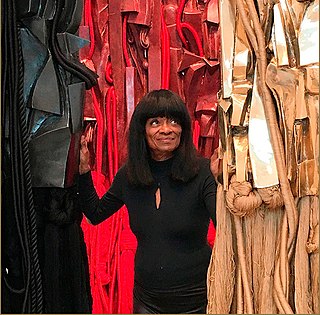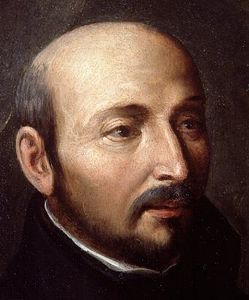A Quote by William Shenstone
However, I think a plain space near the eye gives it a kind of liberty it loves; and then the picture, whether you choose the grand or beautiful, should be held up at its proper distance. Variety is the principal ingredient in beauty; and simplicity is essential to grandeur.
Related Quotes
Art itself is essentially ethical; because every true work of art must have a beauty or grandeur of some kind, and beauty and grandeur cannot be comprehended by the beholder except through the moral sentiment. The eye is only a witness; it is not a judge. The mind judges what the eye reports to it; therefore, whatever elevates the moral sentiment to the contemplation of beauty and grandeur is in itself ethical.
Vampires have always held a very seductive kind of lore and have always been some variety of attractive, whether it's attractiveness that's born of just the physical attributes that they have - this kind of ethereal beauty or translucent pallor - or whether it is more to do with the way they carry themselves.
The experience of beauty is in the eye of the beholder, as they say. The artist's relation to the object of beauty, how the art makes that happen, is a whole other subject. Beauty is an event. Beauty is something that happens. There is no such thing as a beautiful object or a beautiful woman. These things do not come near it - the experience of beauty, the event of beauty. The anxiety about it is what makes it such a central concern of culture and makes us so interested in it.
Humans have a saying that "Beauty is in the eye of the beholder", which basically means that if you think it's beautiful, then it is beautiful. The elfin version of this saying was composed by the great poet B.O Selecta, who said "Even the plainest of the plain shall deign to reign", which critics have always thought was a bit rhymey. The dwarf version of this maxim is "If it don't stink, marry it", which is slightly less romantic, but the general gist is the same.
The research worker, in his efforts to express the fundamental laws of Nature in mathematical form, should strive mainly for mathematical beauty. He should take simplicity into consideration in a subordinate way to beauty ... It often happens that the requirements of simplicity and beauty are the same, but where they clash, the latter must take precedence.
Most craft give a nod, however brief and unfriendly, towards beauty. Vogon ships did not nod towards beauty. They pulled on ski masks and mugged beauty in a dark alley They spat in the eye of beauty and bludgeoned their wait through the notions of aesthetics and aerodynamics. Vogon cruisers did not so much travel through space as defile it and toss it aside.





































